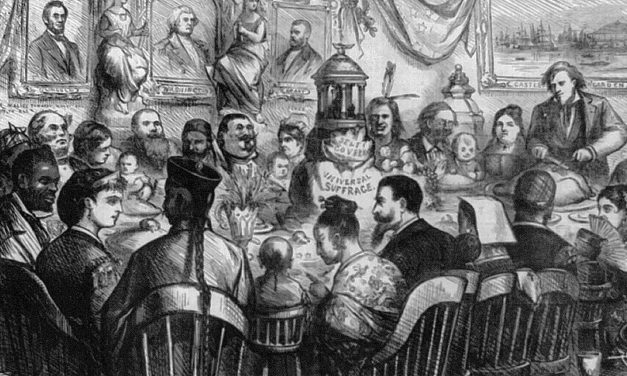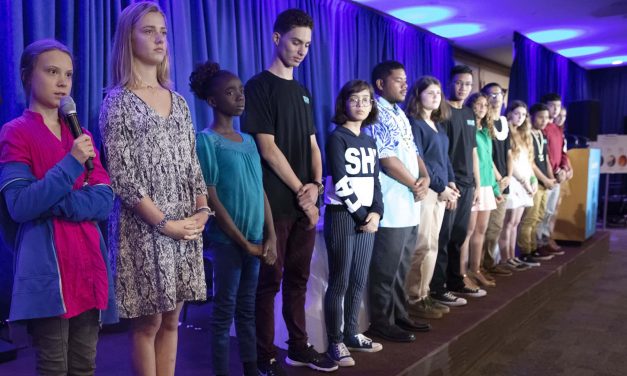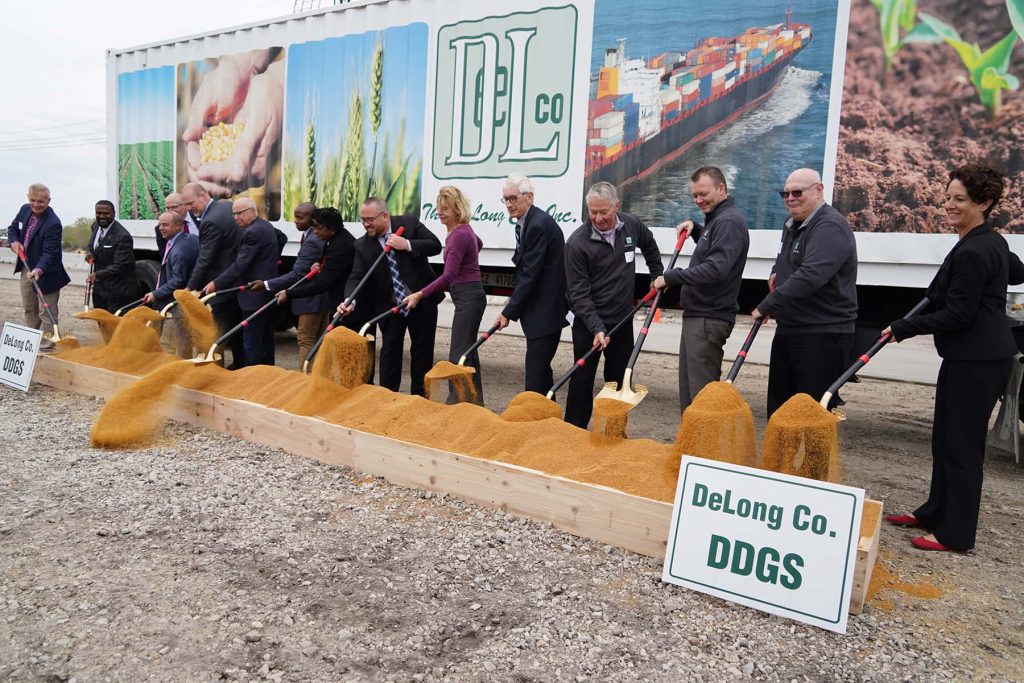False memories are the unhealthy byproduct of the self-perpetuating emotional addition to “fake news”
By Rachel Anne Barr, PhD Student, Université Laval “Fake news” is a relatively new term, yet it’s now seen as one of the greatest threats to democracy and free debate. In the Netflix documentary The Great Hack — which chronicled the rise and fall of Cambridge Analytica — we saw how Facebook data was used to target potential voters with insidious right-wing propaganda packaged as if it were news. Neuroscience can provide at least some insight how fake news works. Grabbing attention The first job of fake news is to catch our attention, and for this reason, novelty is...
Read More















